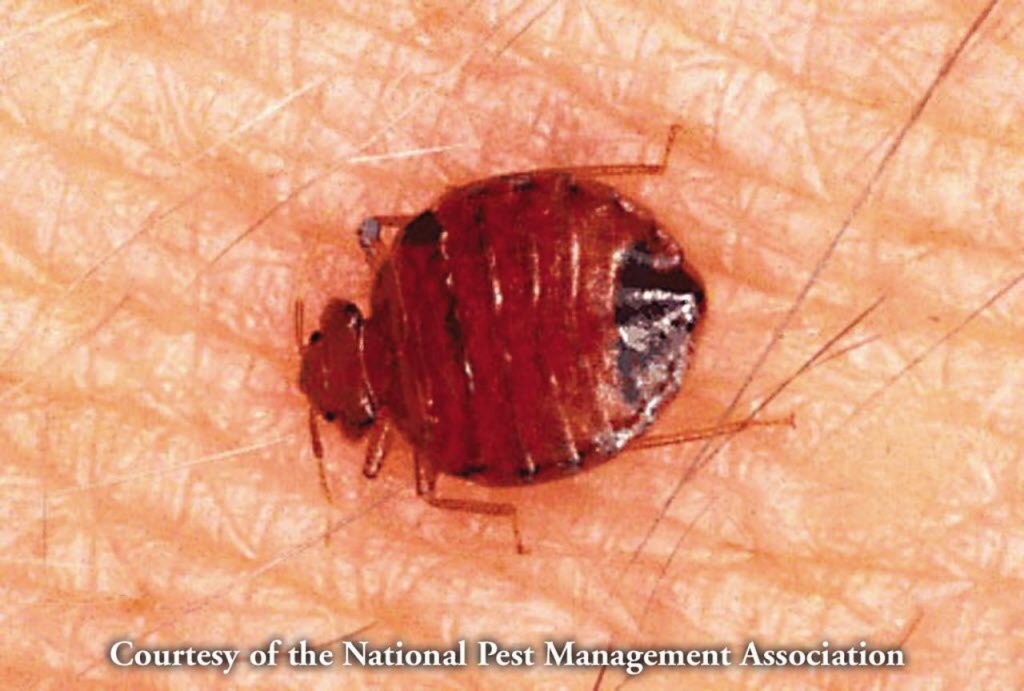My apartment has bed bugs and I’m not sure what my rights are. As a tenant, it’s important that I know what my rights are when it comes to dealing with a bed bug infestation. I need to understand the process of getting rid of these bugs, as well as what my landlord’s responsibilities are. In this article, I’ll discuss my rights as a tenant so that I can properly address this issue and get rid of the bed bugs in my apartment.
What are Bed Bugs?
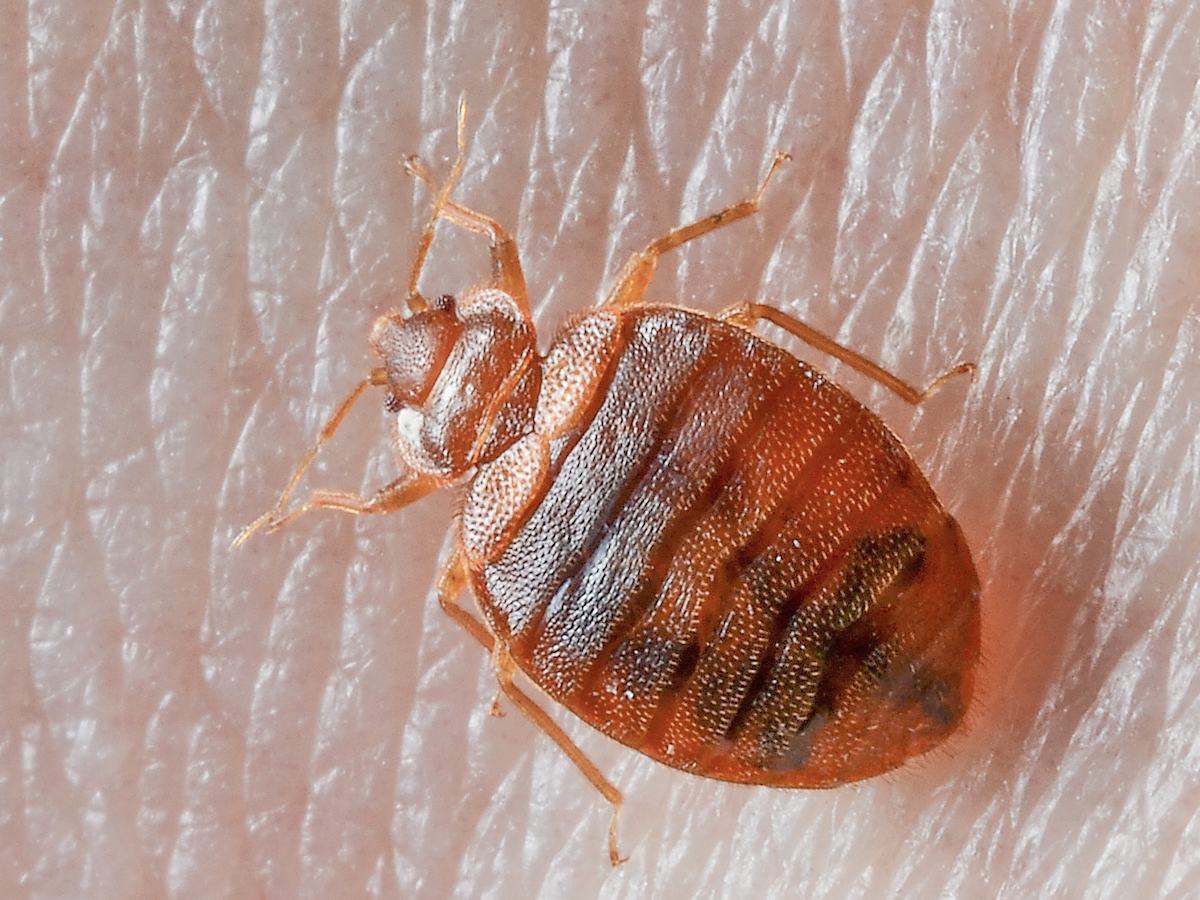
Bed bugs are small, wingless insects that feed on the blood of humans and animals. They are usually found in beds, mattresses, and furniture. Bed bugs are reddish-brown in color and have flat, oval-shaped bodies. They are typically 4 to 7 millimeters long, and are nocturnal, meaning they come out to feed at night. They typically feed every 5 to 10 days, and can survive up to a year without a meal. Bed bugs can also spread through clothing, furniture, and luggage. They are difficult to detect and can be hard to get rid of.
The Landlord’s Responsibility
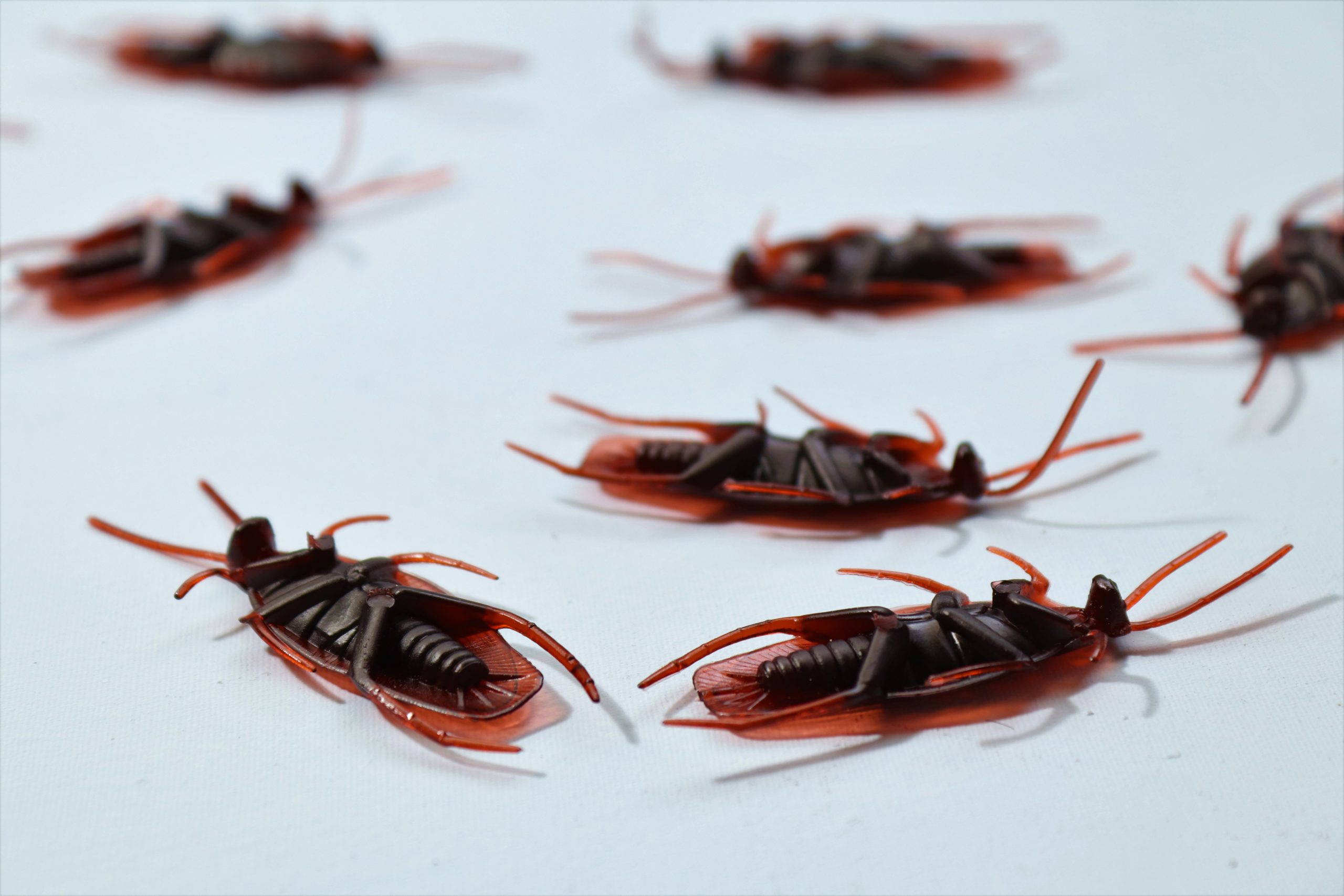
As a tenant, it is important to know your rights when dealing with a bed bug infestation. My landlord is responsible for treating bed bugs in my apartment. In most cases, the landlord is required to pay for the extermination, unless the tenant can prove that they caused the infestation. The landlord should also be responsible for ensuring that the exterminator they hire is licensed and experienced in treating bed bug infestations.
Tenant Rights and Responsibilities
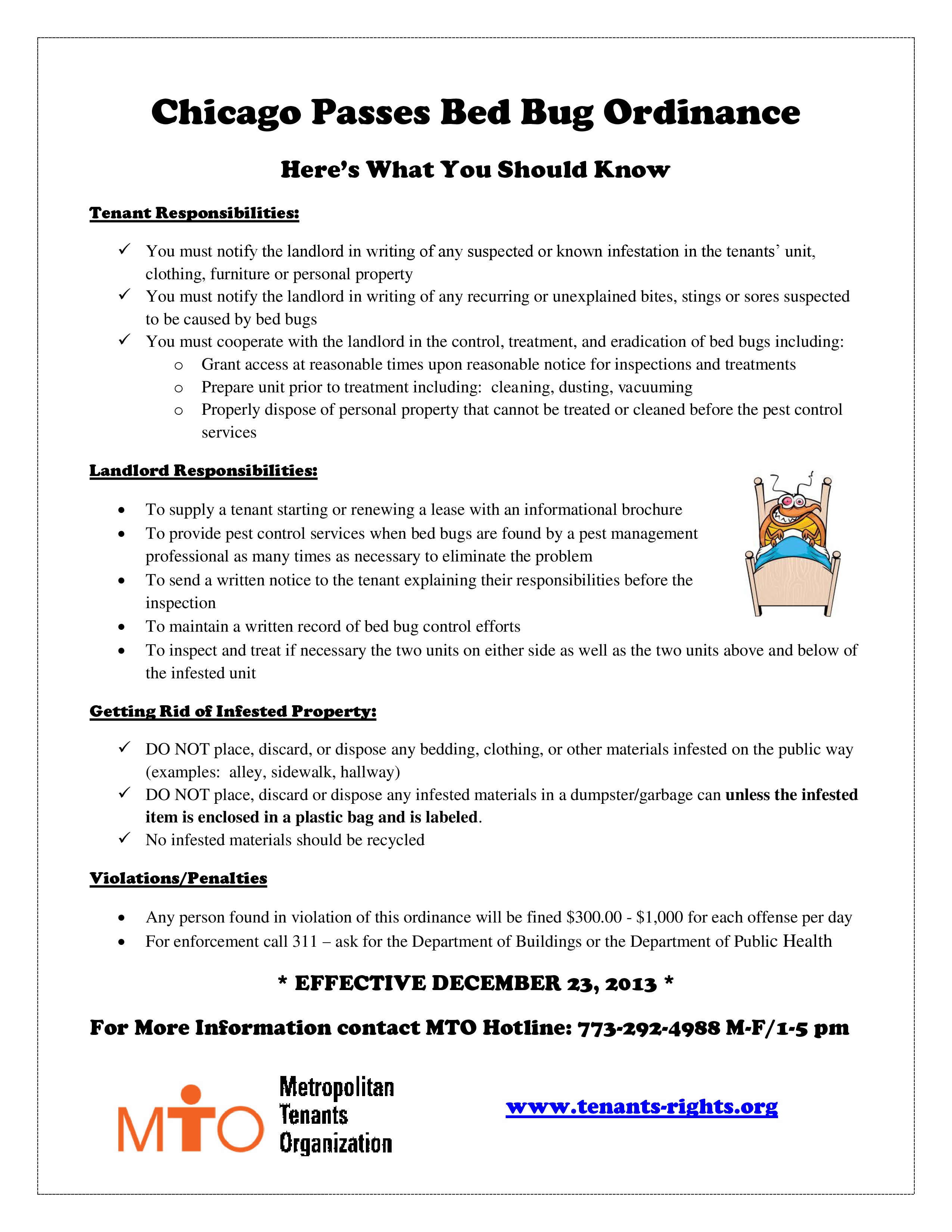
I also have certain responsibilities when it comes to dealing with bed bugs in my apartment. It is my responsibility to inform the landlord of any infestation, as soon as possible. I should also cooperate with the landlord in any efforts to treat and eradicate the bed bugs. Lastly, I should take all reasonable steps to prevent the infestation from spreading to other units.
In some cases, the tenant may be entitled to compensation if the landlord fails to take care of the infestation in a timely manner. However, it is important to check with the local laws in my area to determine what rights and responsibilities I have as a tenant.
Proving Bed Bugs Are Present
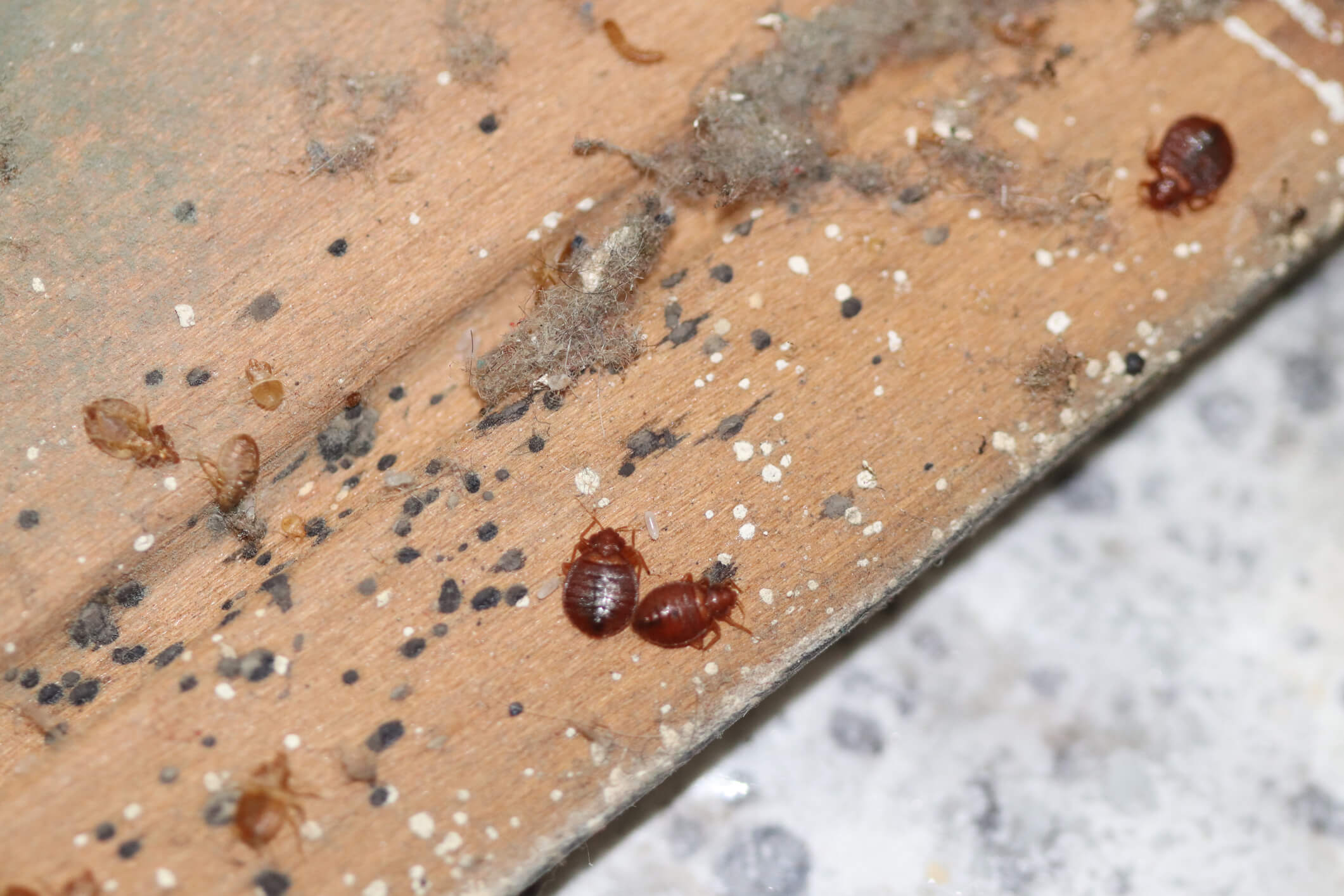
The most important step in dealing with a bed bug infestation is to prove that bed bugs are actually present. To do this, I need to collect evidence of their presence. This evidence can come in the form of physical samples or photographs.
Physical Samples
Physical samples can be collected in the form of live bed bugs, eggs, or shed skin. To collect these samples, I can use a vacuum cleaner to suck up bed bugs and their eggs, or I can use a magnifying glass to examine the mattress and furniture for signs of bugs or eggs. I should also take pictures of the physical evidence I find.
Photographs
Photographs are a great way to document bed bug activity. I should take pictures of the bed bug bites, shed skin, and any other signs of bed bug activity. I should also take pictures of the areas I suspect bed bugs are hiding in, such as the mattress and furniture.
Conclusion
By taking physical samples and photographs, I can prove that bed bugs are present in my apartment. This evidence will be essential in dealing with the infestation and getting the help I need to get rid of the bed bugs.
Who Pays for Bed Bug Extermination in an Apartment Building?
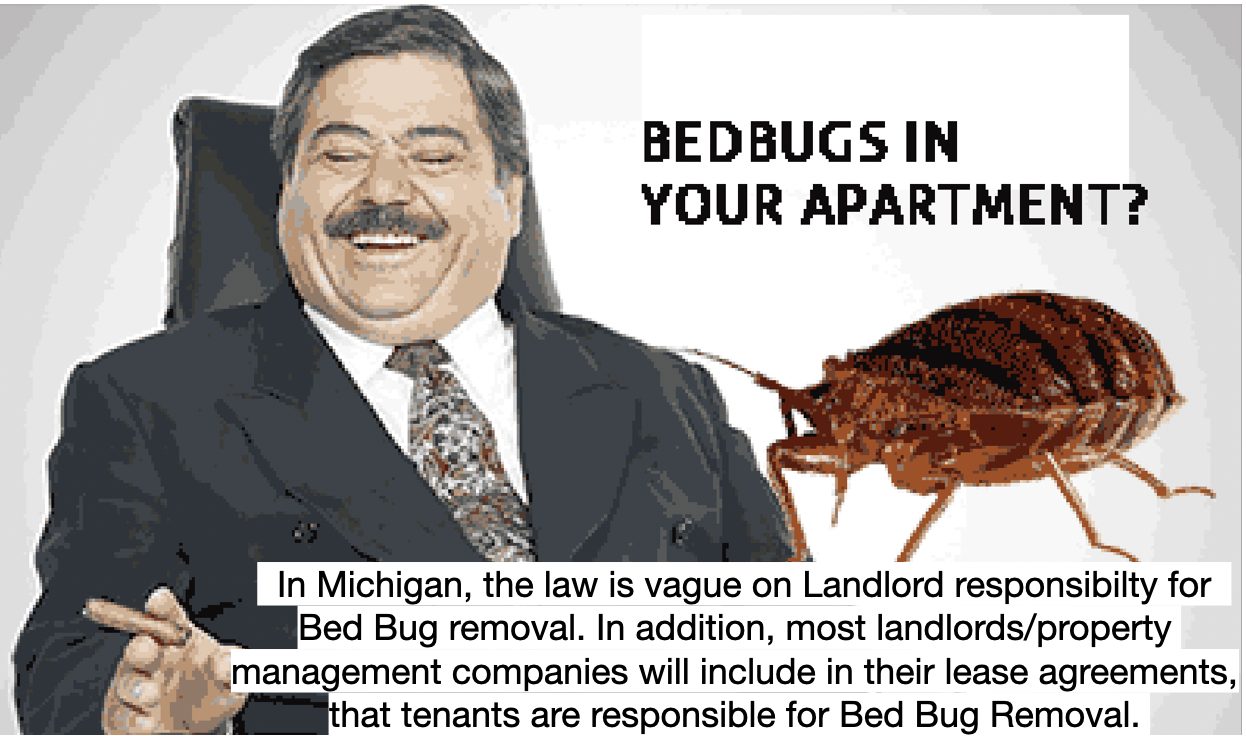
When it comes to bed bug extermination in an apartment building, it can be difficult to determine who is responsible for the cost. Generally, the landlord is responsible for taking care of the problem, but there are some cases where tenants may be expected to pay all or part of the cost.
Here are some of the factors that can influence who pays for bed bug extermination in an apartment building:
- Whether the bed bug infestation was caused by the tenant or the landlord.
- The terms of the rental agreement.
- The landlord’s policy for dealing with bed bug infestations.
- The local and state laws governing pest control.
In most cases, the landlord is responsible for paying for the extermination of bed bugs. However, if the infestation was caused by the tenant, they may be expected to cover the cost. Additionally, some landlords may include a clause in the rental agreement that states that tenants are responsible for paying for any pest control services.
It’s also important to note that local and state laws may dictate who is responsible for the cost of bed bug extermination. In some cases, the landlord may be required to pay for the extermination regardless of who caused the infestation.
It’s always a good idea to check with your landlord to determine who is responsible for the cost of bed bug extermination. Additionally, you should read your rental agreement carefully to understand any clauses that may relate to pest control.
Prevention Measures
I should take steps to prevent bed bugs from entering my apartment in the first place. These include: vacuuming regularly, washing and drying bedding at high temperatures, and sealing cracks and crevices in the walls and floors. I should also inspect my furniture, clothing, and any secondhand items before bringing them into my apartment. I should also check my bed and bedding for signs of bed bugs before going to sleep, such as dark spots and eggs. Additionally, I should keep my apartment clean and clutter-free to discourage bed bug infestations.
How to Resolve a Dispute With Your Landlord
When a dispute arises between a tenant and a landlord, it can often be quite difficult to resolve the situation. To ensure that you are doing all you can to resolve the dispute, here are some steps you can take:
| Step | Description |
|---|---|
| 1 | Communicate with your landlord. Communicate your concerns with your landlord in a clear and respectful manner. Explain your issue with the property and the impact it is having on your tenancy. |
| 2 | Attempt to negotiate a solution. Try to come to an agreement with your landlord that is mutually beneficial. If you and your landlord cannot come to an agreement, you can always seek help from a mediator. |
| 3 | Gather evidence. Document the problem and any attempts to resolve it. This can include photos, emails, and texts exchanged between you and your landlord. |
| 4 | Use the law. If your landlord fails to address the issue, you can consider taking legal action. Be sure to research your rights and responsibilities as a tenant. |
It is important to remember that you have rights as a tenant and your landlord has responsibilities. Doing your research and understanding your rights can help you resolve any disputes that may arise with your landlord.
Frequently Asked Questions
What are my rights if I have bed bugs in my apartment?
Tenants have certain rights when it comes to bed bug infestations. These include the right to an appropriate and timely response from the landlord to address the issue, the right to withhold rent if the landlord does not take necessary steps to treat the infestation, and the right to sue for damages. Tenants also have the right to terminate the rental agreement if the landlord fails to address the bed bug problem in a timely manner. Additionally, tenants may be able to access pest control services at a reduced cost or even free of charge depending on their local laws.
How can a landlord prove that I brought in bed bugs?
A landlord must provide proof of tenant responsibility for bed bug infestation. This can be done through visual evidence, such as bites on the tenant that were not present when the tenant first moved in or photos of the bed bugs taken in the tenant’s bedroom, as well as inspection reports from an independent pest control professional. The tenant should also be asked to provide proof of any pest control treatments that have been undertaken since the tenant moved in. If the landlord can show that the tenant has not taken adequate measures to address the bed bug infestation, the tenant may be held responsible for the costs of treating the infestation.
Who is responsible for the costs of bed bug extermination in an apartment?
The costs of bed bug extermination in an apartment are typically the responsibility of the landlord. In most cases, landlords are legally responsible for the extermination of bed bugs in their rental properties, as they are considered a form of infestation. Tenants may also be responsible for the costs in some cases, if they can be proven to have caused the infestation. It is important to check state and local laws to determine who is responsible for the costs of bed bug extermination.
Who pays for bed bug extermination in an apartment building?
In most cases, the landlord is responsible for the cost of bed bug extermination in an apartment building. If the tenant has failed to take preventative measures, such as regularly vacuuming and laundering their bedding, the cost of the extermination may be shared between the two parties. It is important for tenants to keep their living space clean and to report any bed bug infestations to their landlord as soon as possible to reduce the risk of spreading throughout the apartment building.
What steps can I take to get rid of bed bugs in my apartment?
The first step to getting rid of bed bugs in your apartment is to contact a licensed pest control professional. The professional can help identify the type of bed bug infestation, the severity of the infestation, and the best course of action to get rid of the bed bugs. In some areas, professional bed bug extermination services may be necessary in order to completely eliminate the infestation. However, there are also some steps that you can take on your own to get rid of bed bugs in your apartment.
Start by thoroughly cleaning your apartment, paying close attention to crevices and other areas where bed bugs may be hiding. Vacuum carpets, furniture, mattresses, and other surfaces using a vacuum cleaner with a HEPA filter. Wash all bedding and clothing in hot water and dry them on high heat. Discard any items that cannot be cleaned or are beyond repair. Use a steamer to kill any remaining bed bugs. Finally, seal any cracks and crevices in walls, floors, and ceilings with caulking or similar materials.
Conclusion
Bed bugs are an unpleasant problem, but understanding my rights and taking the necessary steps to get rid of them was the best way to make sure my apartment was safe and comfortable again. I kept informed and took the necessary steps to ensure bed bugs were removed. I also researched my local laws and regulations to make sure I was within my legal rights. Ultimately, I was able to successfully remove the bed bugs from my apartment and I haven’t had any problems since.
